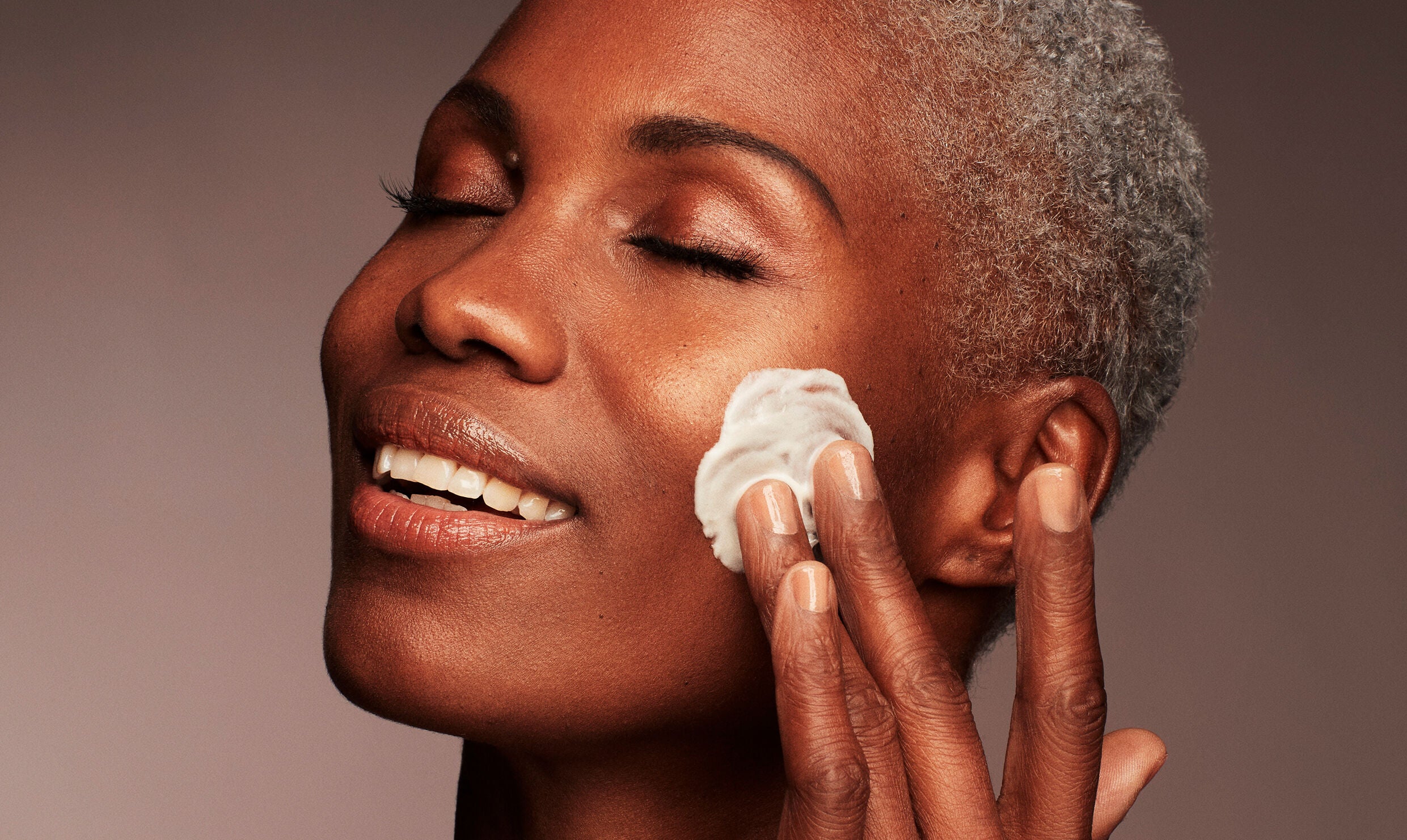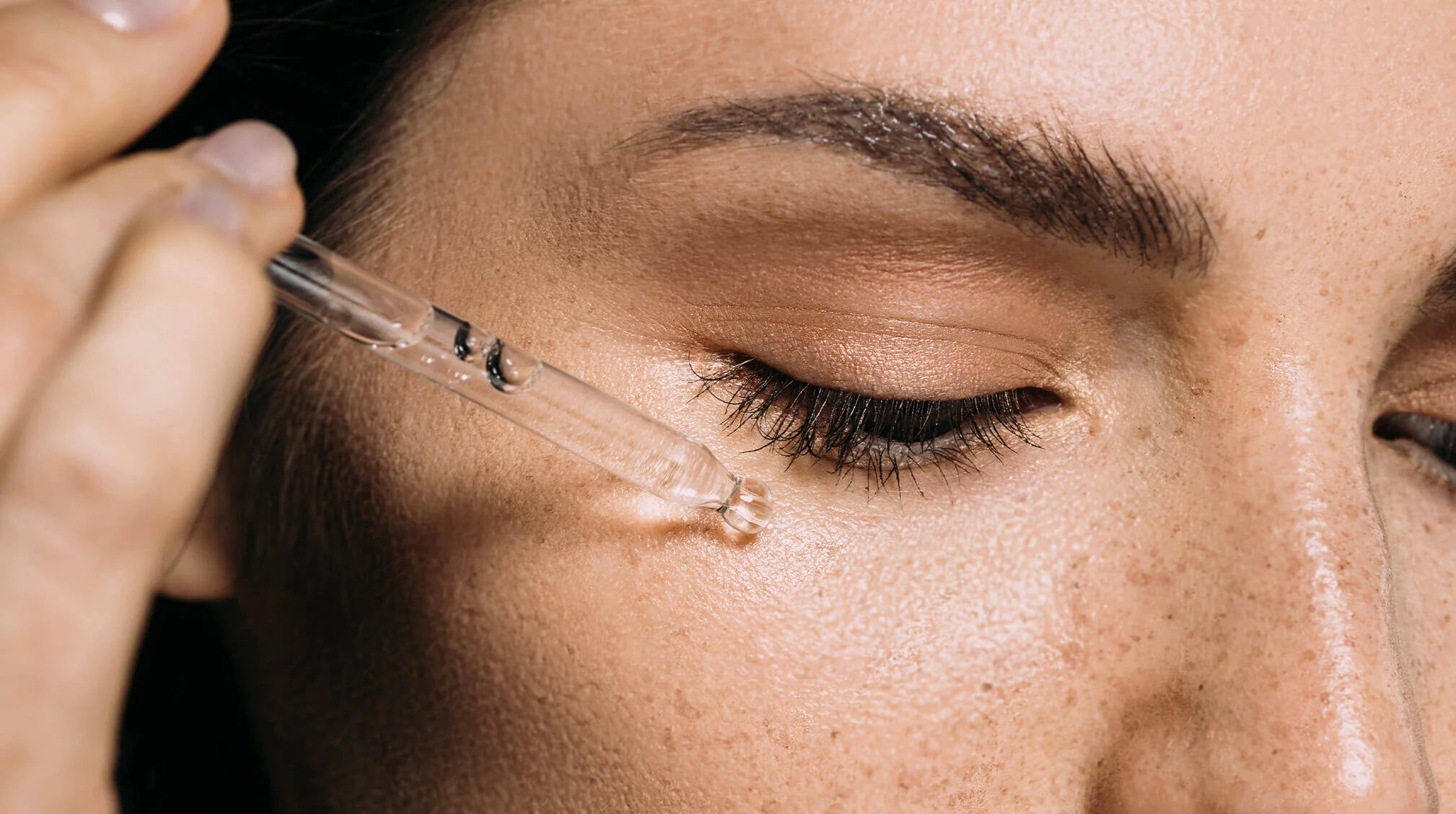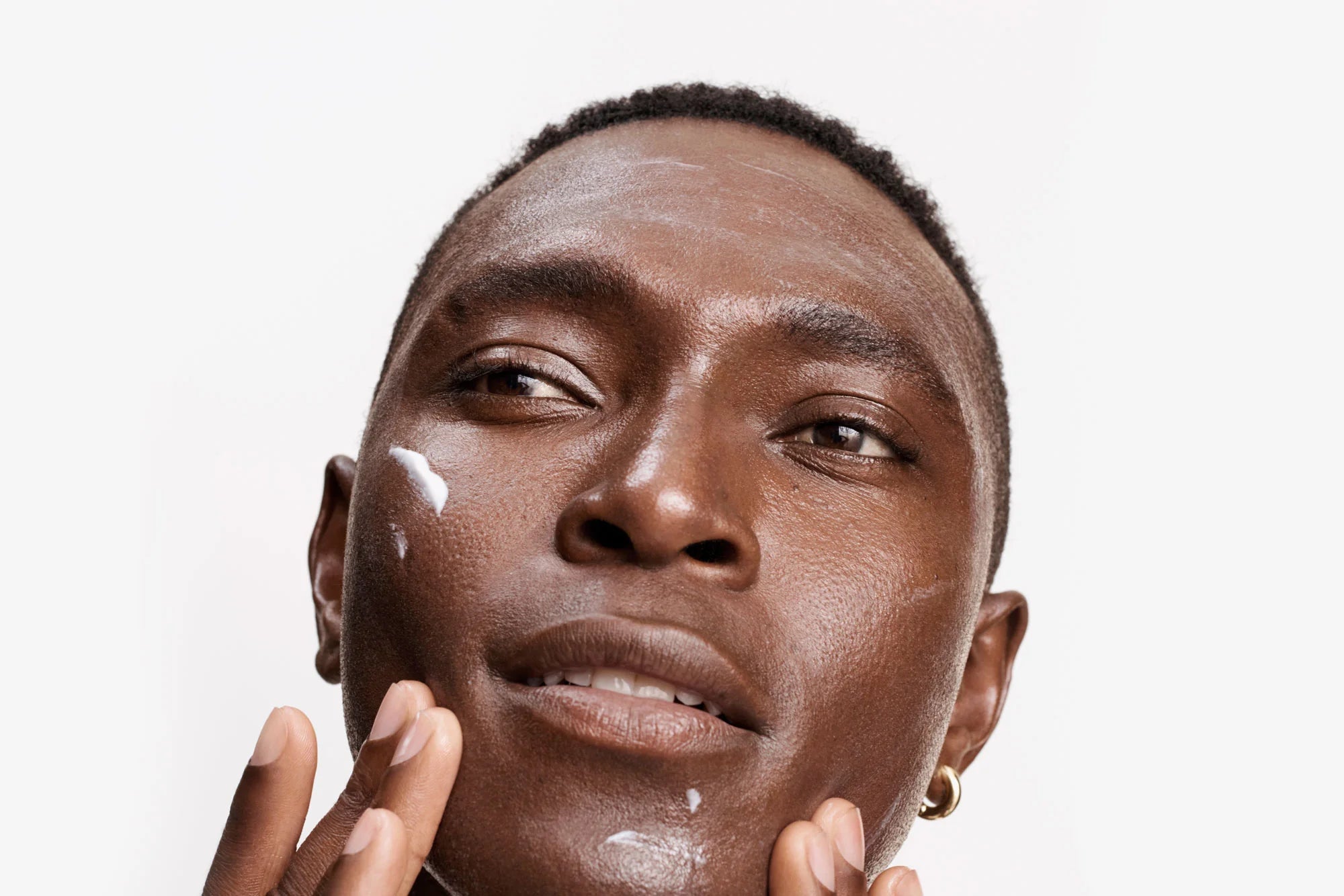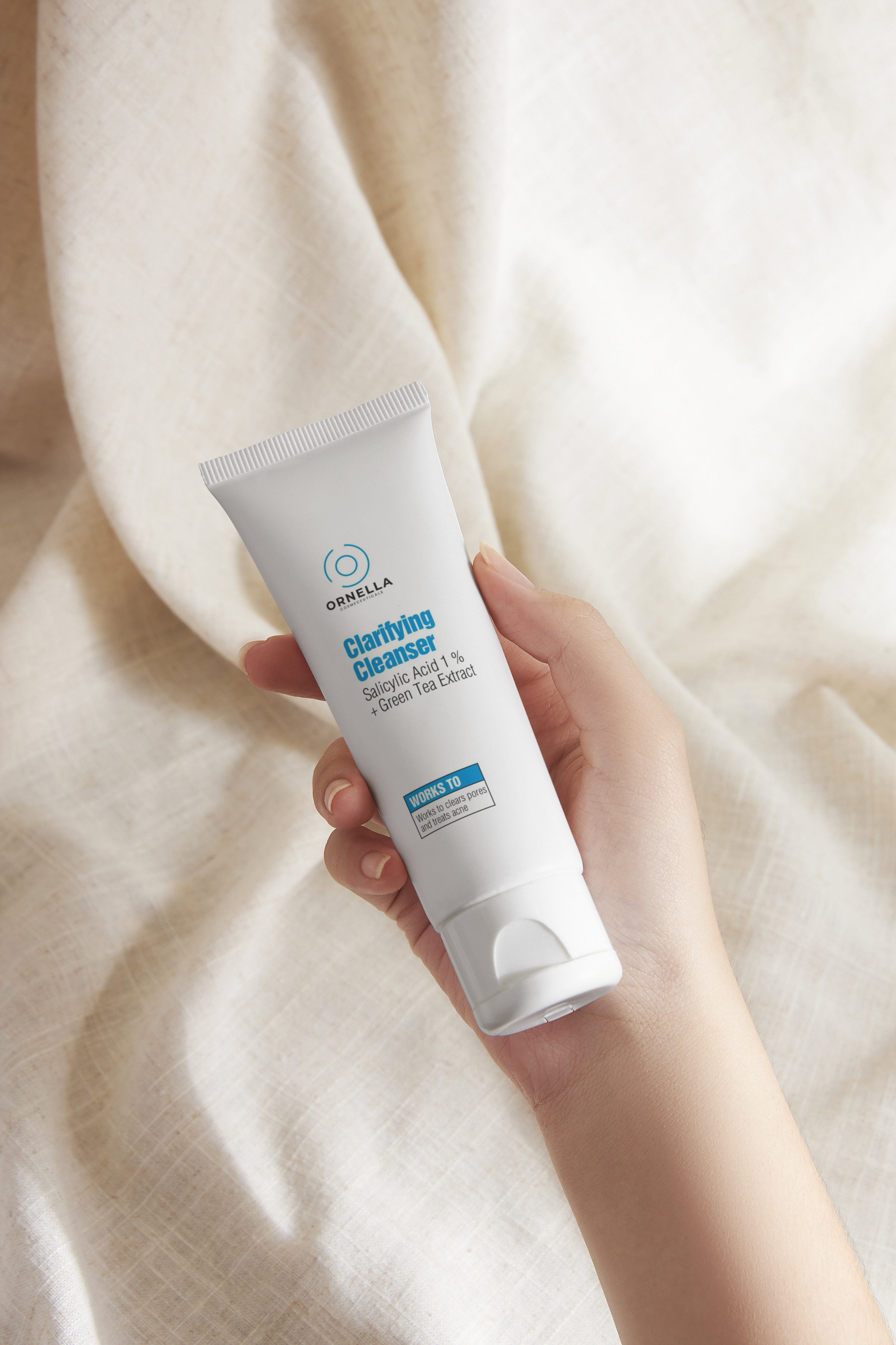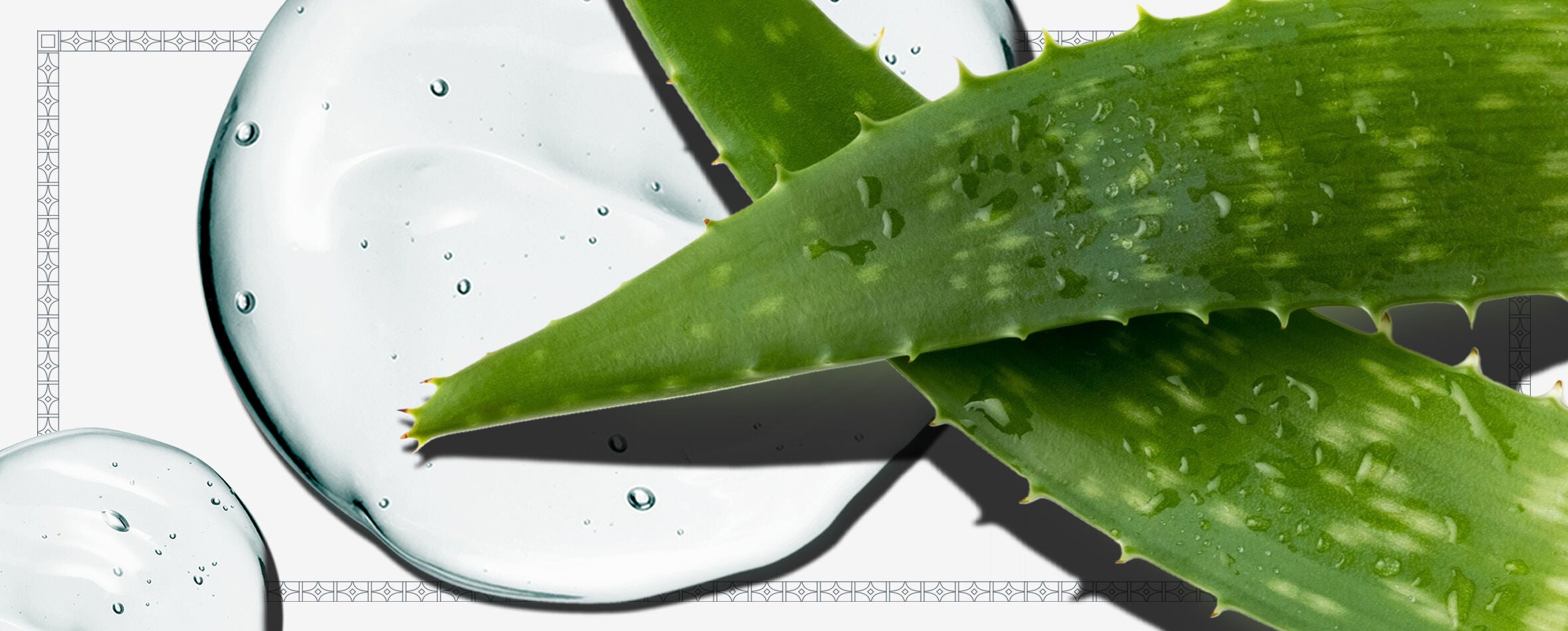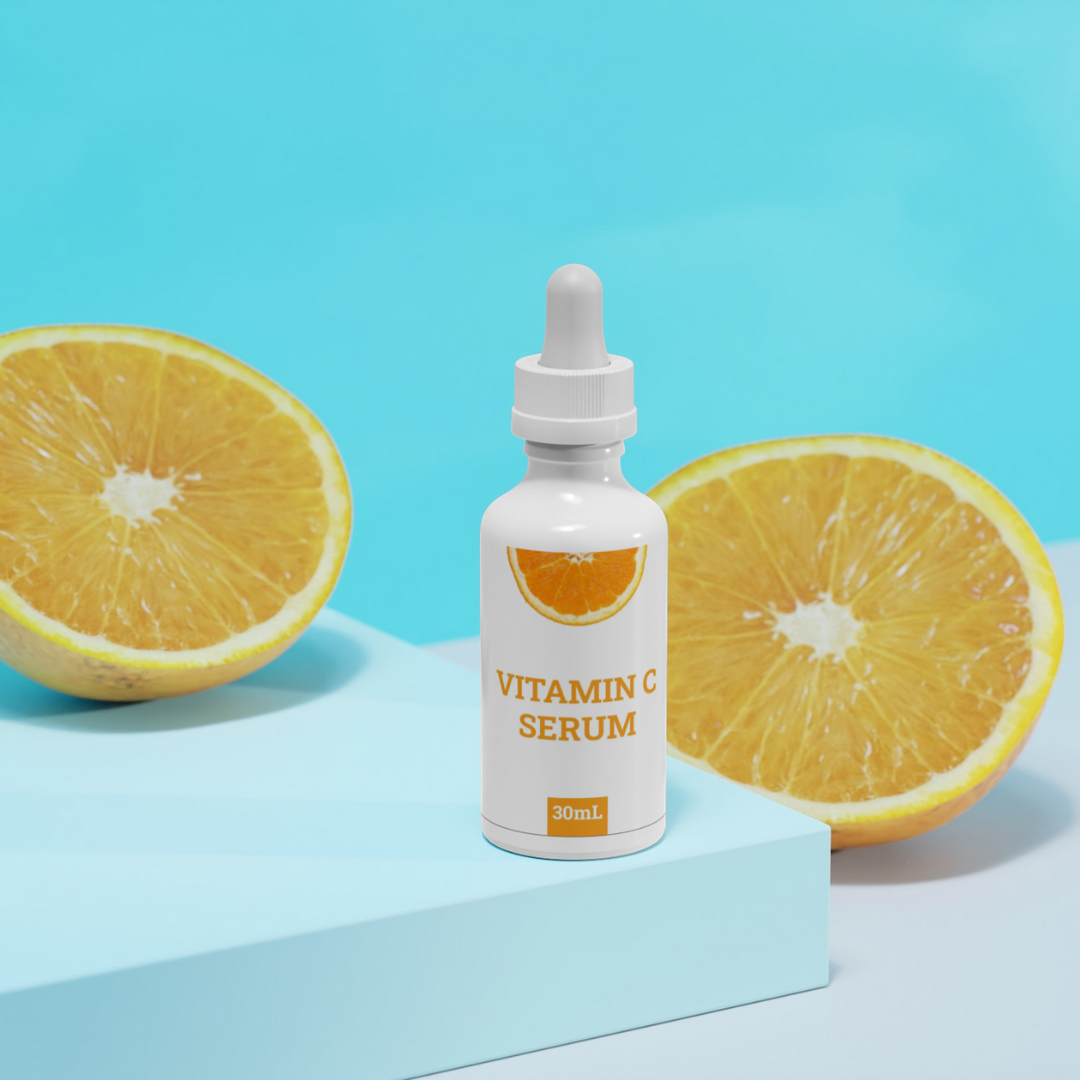
How and When To Use Vitamin C
We’re all familiar with taking our daily vitamins and supplements for optimum health and our skincare routines shouldn’t be exempt. A cup of OJ may be your fix when it comes to immunity, but what exactly does vitamin C do for your skin? From a powerhouse anti-oxidant to blitzing hyperpigmentation, get the true rundown on this well-loved ingredient and why it needs a place in your line-up.

THE BENEFITS OF VITAMIN C
Vitamin C, also known as ascorbic acid, is a multi-purpose molecule proven to help protect, brighten, and firm the skin. Known as the gold standard antioxidant, board-certified dermatologist explains that vitamin C helps to neutralize free radicals, which are unstable atoms known to accelerate the aging process. “Vitamin C stabilizes free radicals, caused by pollution, UV rays, smoking, sugar, and stress, and in doing so, prevents cell damage.” If its protective prowess wasn’t enough, vitamin C is also the go-to ingredient for diminishing a dull complexion, fading dark spots, and brightening the skin. Whether you’ve picked up some pesky sun damage over the summer or have post-inflammatory pigmentation from old blemishes, regular vitamin C usage will help diminish them. “It inhibits the skin from producing melanin which helps to lighten areas of hyperpigmentation and evens skin tone'.



